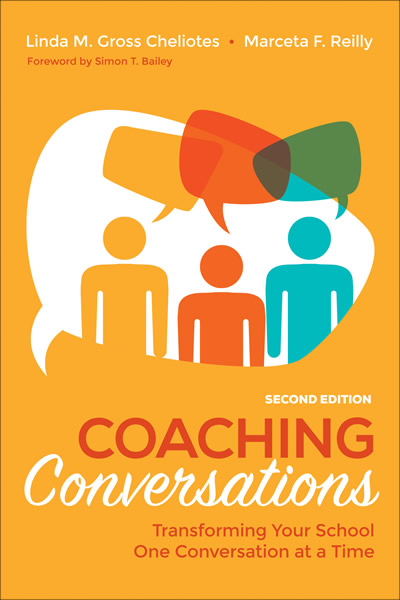 Leadership, at its core, is about resolving problems and challenges. Ron Heifetz, co-founder of the Center for Public Leadership at the Kennedy School of Government, describes two basic kinds of challenges: technical challenges and adaptive challenges. Many challenges have both technical and adaptive aspects.
Leadership, at its core, is about resolving problems and challenges. Ron Heifetz, co-founder of the Center for Public Leadership at the Kennedy School of Government, describes two basic kinds of challenges: technical challenges and adaptive challenges. Many challenges have both technical and adaptive aspects.
Technical challenges can be resolved with current expertise, applying existing know-how, and following known protocols. The solutions are within the current way of operating. For example, a consulting firm offers a brilliant diagnostic analysis of technology needs for the organization and makes a set of recommendations to implement the changes. Problem solved—just work the plan. The thinking is that “we just need to know enough to create the plan to solve the challenge.”
Adaptive challenges, on the other hand, cannot be resolved by existing approaches alone. The solution is outside the current way of operating and requires that the people themselves learn new skills and make some changes in their own thinking and ways of operating. In the technology plan example above, nothing will truly be solved until those recommendations are lived in the new way that people operate. To make those changes people have to take responsibility for learning a whole new set of priorities and habits.
This is why being “coach-like” in your leadership can be very powerful. Coach-like leadership behaviors more often result in solution ideas that address the adaptive challenges within a problem. The purpose of being “coach-like” is to influence — not direct — others to make meaningful changes. It requires that leaders think of themselves as partners and collaborators rather than experts and bosses.
In this new way of being, the leader does not have to know all the answers. In fact, there is new research by Brene Brown in her book Daring Greatly that this kind of vulnerability can actually be an asset. If the leader does not have all the answers, then there is a real need for others to get involved in the decision making. The leader asks questions, listens to the content and underlying themes in the answers, and then is able to integrate the group’s thinking into a vision and direction to which people respond.
What adaptive challenges are you facing as this new school year begins?
What is your inner voice saying about your leadership?









Comments on this entry are closed.